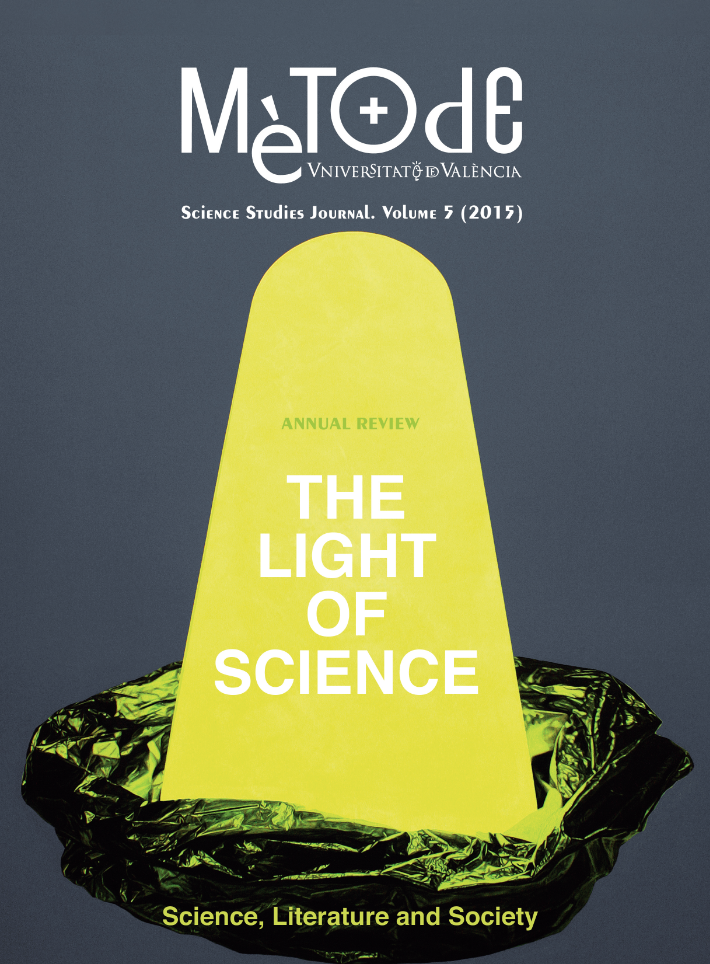Is the scientific method a myth? Perspectives from the history and philosophy of science
DOI:
https://doi.org/10.7203/metode.0.3883Keywords:
Darwin, Einstein, evolution, inference, methodology Abstract
Abstract
Many philosophers and historians of science deny that there is a single scientific method that applies across all scientific disciplines. Here I distinguish normative from descriptive versions of this thesis. I defend the thesis that there are general normative principles that govern every science.
 Downloads
Downloads
 References
References
Darwin, C., 1859. On the Origin of Species by Means of Natural Selection, or the Preservation of Favoured Races in the Struggle for Life. John Murray. London. (Facsimile, 1964. Harvard University Press. Cambridge, MA).
Darwin, C., 1959. The Origin of Species. A Variorum Edition. M. Peckham. University of Pennsylvania Press. Philadelphia.
Einstein, A., 1933. «On the Method of Theoretical Physics». Herbert Spencer Lecture. Oxford University Press. Oxford.
Hacking, I., 1965. The Logic of Statistical Inference. Cambridge University Press. Cambridge.
Salmon, W., 1984. Scientific Explanation and the Causal Structure of the World. Princeton University Press. Princeton.
Sober, E., 2012. Did Darwin Write the Origin Backwards? Prometheus Books. Amherst. New York.
Sober, E., 2015. Ockham’s Razors – A User’s Manual. Cambridge University Press. Cambridge.
Downloads
Published
How to Cite
-
Abstract1729
-
PDF (Català)450
-
PDF (Español)1229
-
PDF313
Issue
Section
License
![]()
All the documents in the OJS platform are open access and property of their respective authors.
Authors publishing in the journal agree to the following terms:
- Authors keep the rights and guarantee Metode Science Studies Journal the right to be the first publication of the document, licensed under a Creative Commons Attribution-NonCommercial-NoDerivatives 4.0 International License that allows others to share the work with an acknowledgement of authorship and publication in the journal.
- Authors are allowed and encouraged to spread their work through electronic means using personal or institutional websites (institutional open archives, personal websites or professional and academic networks profiles) once the text has been published.





